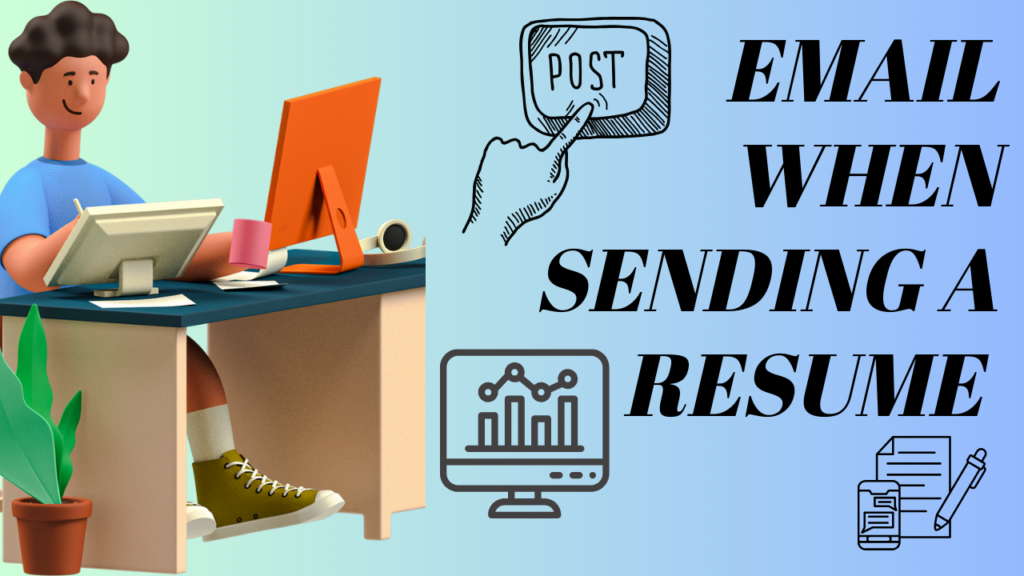Introduction
The first 30 days at a new job can feel like a loop of introductions, performance pressure, and expectations. You want to showcase that you are capable and reach up to the expectations, but also want to avoid burning out in the initial stage. No matter if you are a fresher or switching careers, this comprehensive blog will help you make your first 30 days at a new job worthwhile without wearing yourself out in the process.
Understanding the Expectations
One of the essential things to do in your first 30 days at a new job is to know what is expected of you. So, have a clear discussion with your manager/HR about your key deliverables, job role, and short-term goals. This will lead to the foundation for your work performance and avoid any misalignment.
Onboarding success tips involve keeping realistic expectations in the initial stages. Ask questions rather than just assuming. This will help you to show initiatives and clarify your responsibilities.
Make a Great First Impression
The first 30 days at a new job are your time to make a long-lasting impact. Be engaged in meetings, be on time, and contribute to whatever you can. Be polite, dress formally, and communicate with everyone. These are the major habits that will collectively help you to showcase professionalism.
If you want to know how to make a good first impression at work, it all starts with following your commitments and listening more than speaking. Reliability builds trust.
Learn Before You Act
In your first 30 days at a new job, avoid wanting to make sudden changes or take major decisions before understanding the full scenario. Focus on learning about your team’s dynamics, company culture and the workflow.
It is essential to go through your learning phase smoothly. Various tips for new employees focus on observing during your initial phase. Ask about your workflows, tools, and processes. Your contributions will be better if you are informed about everything clearly.
Build Relationships
It is recommended to know the importance of building meaningful relationships in your first 30 days at a new job. Introduce yourself to colleagues, engage in conversations, and join team activities. These relationships will help you to foster support and collaboration.
If you want to build relationships at a new workplace, offer help whenever possible, be approachable, and express your interest in your teammates’ contributions and roles.
Manage Your Energy to Avoid Burnout
Trying too hard to impress leads to quick burnouts in the first 30 days at a new job, which is a common mistake made by freshers. It is essential to understand that consistency is more important than intensity. Pace yourself and create a rhythm which is sustainable.
If you are worried about avoiding burnout at your new job, focus on what your signs of stress are. Practice work-life balance for new hires by taking breaks and choosing tasks whenever needed and having boundaries. It is okay to say “No” to work which are not important if your plate is already full.
Be Proactive and Stay Organized
A great way to be different is by showing initiative. Ask your manager about what other work you can take responsibility for and if there are any improvements you can make. These are some effective productivity tips that will help you to position yourself as a reliable and proactive team member.
Keep track of your tasks, meetings, and ask for feedback, as it is important during your first 30 days at a new job. Use tools like task managers, calendars, and journals to stay organized. This will not only decrease your mental clutter but also increase your productivity.
Key Takeaways for Long-Term Success

Let’s recap the important points that will help you thrive during your first 30 days at a new job and avoid burnout:
- Understand your responsibilities and have clear goals.
- Make a good first impression by actively listening and being professional.
- Know about the company culture and learn before acting.
- Create meaningful relations to make your team integration stronger.
- Maintain your balance and health to avoid fatigue and stress.
- Stay organized and take initiatives wherever needed.
- Seek feedback and reflect for constant improvement.
These strategies will help you thrive in your first month at a new job and set your stage for long-term success.
Conclusion
The first 30 days at a new job are not about proving you can do everything at once, but it is about laying a strong foundation for constant growth. By focusing on personal well-being, steady progress, and making genuine connections, you will not only thrive but also make a good impression on your team.
Learning about how to start a new job smoothly is a journey, so be kind to yourself, stay curious, and enjoy the process.
FAQs
- What should I focus on during the first 30 days at a new job for long-term success?
Build meaningful relationships, know about your expectations, avoid overwhelming yourself with unrealistic performance goals, and know about the company culture.
- How can I make the first best impression without rushing at a new job?
Active listening, maintaining calm, focus on punctuality, ask smart questions, and be consistent at work pace.
- How do I balance learning quickly with avoiding burnout in the first month?
Set boundaries, create a learning schedule, take breaks, and reflect weekly on challenges and progress.



